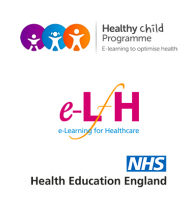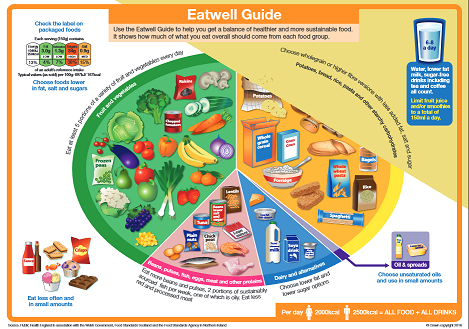Nutritional Requirements in Adolescence course for GPs



This session will describe nutritional requirements during adolescence, typical eating patterns which could lead to nutritional deficiencies, common dieting strategies used, and the additional nutritional needs arising with pregnancy.
Learning Objectives
By the end of this session you will be able to:
- Summarise the five main food groups as demonstrated by the eatwell guide
- Recognise the role of a healthy diet during adolescence, for future good health and in preventing obesity
- Recognise the importance of specific nutrients during rapid adolescent growth
- Identify typical eating patterns in adolescence which may lead to nutrient deficiencies, and recognise that nutrient deficiency may accompany excessive calorie intake
- List common diets adopted by teenagers and summarise the nutritional significance of each
- Outline the nutritional needs that arise during teenage pregnancy
Adolescence is a time of change and this impacts significantly on nutritional requirements. Appropriate nutrition is essential for health and development during adolescence, as well as for future health.
Despite its importance, healthy eating is not usually a priority for adolescents. Achieving optimal nutritional intake therefore presents a particular challenge.
Before commencing this session you should complete the following AH session:
- 12_001 Body Shape and Body Image in Adolescence (401-0056)
Helen is Senior Research Fellow at UCL Great Ormond Street Institute of Child Health and unit manager of the NIHR Policy Research Unit in Obesity. Her principal areas of interest are adult and childhood obesity, and developing and evaluating behaviour change interventions.
Research includes evaluating policies, promoting healthy pregnancies, mapping obesity prevention policies, understanding the impact of advertising and food labelling. She previously worked in the Department of Behavioural Science and Health, UCL as a Clinical Research Dietitian. She has worked on a number of obesity treatment and prevention evaluations, including for childhood obesity, Change4Life, the NCMP, an intervention to change eating and activity habits women living with obesity during pregnancy, and a weight management intervention for adults with intellectual disabilities.
She supervises a number of PhD students, runs undergraduate and masters level modules, and regularly presents and trains health professionals in behaviour change. She is a committee member of the BDA Obesity Specialist Group and Secretary for the charity Weight Concern.

- Epilepsy in People with Learning Disabilities cour...
- Posted By eIntegrity Healthcare e-Learning
- Posted Date: 2024-11-01
- Location:Online
- This session describes how to provide a high standard of care to patients with learning disabilities...
- Screening Programmes Part 2: Antenatal and Newborn...
- Posted By eIntegrity Healthcare e-Learning
- Posted Date: 2024-11-01
- Location:Online
- This session describes and discusses the NHS Fetal Anomaly Screening Programme, the NHS Newborn and ...
- Screening Programmes Part 1: Pregnancy and Newborn...
- Posted By eIntegrity Healthcare e-Learning
- Posted Date: 2024-11-01
- Location:Online
- This session will describe and discuss the following three NHS antenatal and newborn screening progr...
- Ensuring Quality: Role of the UK NSC, Policy Devel...
- Posted By eIntegrity Healthcare e-Learning
- Posted Date: 2024-11-01
- Location:Online
- This sessions offers you an understanding of how screening programmes are chosen and how their quali...
- Overview and Principles of Screening course for Ge...
- Posted By eIntegrity Healthcare e-Learning
- Posted Date: 2024-11-01
- Location:Online
- This session provides an overview of the principles and practice of screening, clarifying relevant t...









